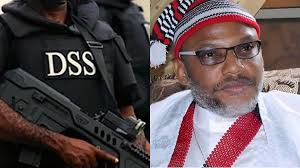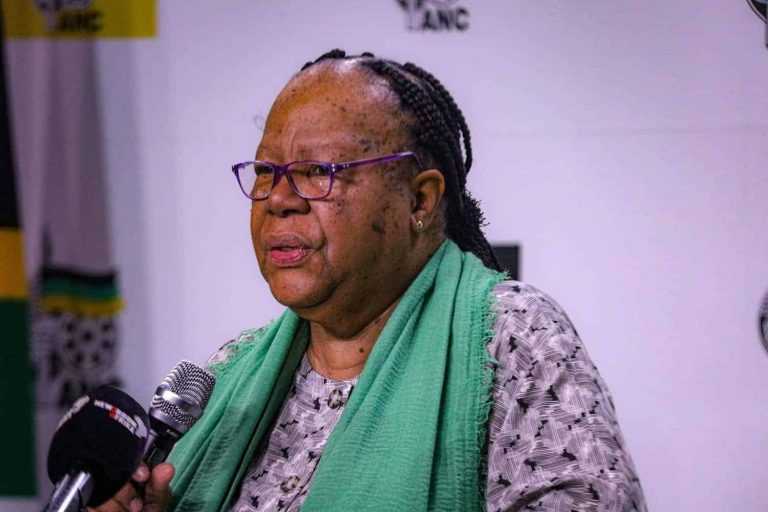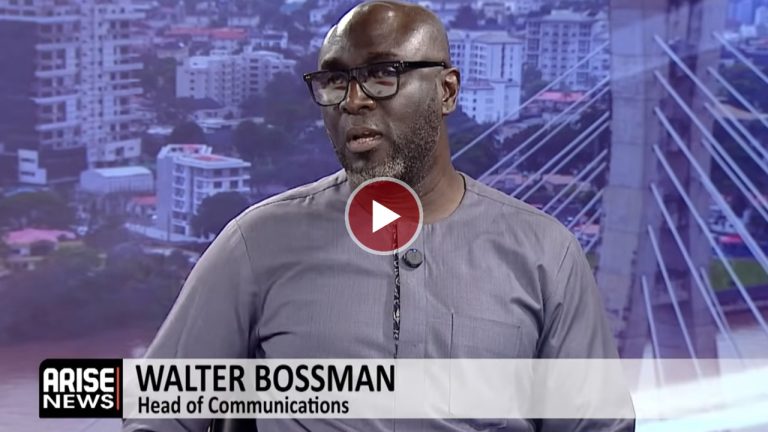
The Department of State Services (DSS) has transferred the convicted leader of the proscribed Indigenous People of Biafra (IPOB), Nnamdi Kanu, to the Nigerian Correctional Service facility in Sokoto, in compliance with a recent judgment of the Federal High Court in Abuja.
A senior DSS source confirmed that the relocation followed Kanu’s conviction and sentencing on multiple terrorism-related charges.
Delivering judgment on Thursday, Justice James Omotosho ordered that Kanu be moved to any correctional facility in the country except Kuje, citing security considerations.
The judge convicted Kanu on a seven-count charge of terrorism and sentenced him to life imprisonment.
Justice Omotosho also upheld the DSS’s allegations that Kanu deployed acts of terrorism in his agitation for the secession of the South-East, South-South, and parts of Benue and Kogi States from Nigeria.
Kanu’s Lawyer Confirms Transfer, Raises Concerns
Kanu’s former counsel and legal consultant, Aloy Ejimakor, confirmed the transfer in a post on his X handle on Friday, noting that the move isolates Kanu from his legal team, family, and supporters.
“Breaking: MAZI NNAMDI KANU has just been moved from DSS Abuja to the correctional facility in Sokoto; so far away from his lawyers, family, loved ones and well-wishers,” Ejimakor wrote.
Speaking further, Ejimakor questioned the decision to send Kanu to Sokoto, describing it as unwise given the distance and its impact on legal access.
“While urging Ndigbo to remain calm, I must question the wisdom of sending MNK to Sokoto prison. When Awolowo was convicted in 1963, he was sent to the East—a neutral zone in his feud with the North. President Tinubu can still halt this drift,” he said.
Background
Nnamdi Kanu was first arrested in 2015 and charged with treasonable felony, terrorism, and other offences linked to his leadership of IPOB, a group the Nigerian government has designated as a terrorist organisation.
He fled the country while on bail but was later extradited from Kenya in 2021 under controversial circumstances.
His latest conviction marks a major turning point in a decade-long legal and political battle surrounding his separatist movement.



